The obvious, logical question of many people is why is the 2nd day of Tet one of the three days left blank? Do people go to wish each other a happy new year or what? And the full sentence that follows the rhyme has recently appeared, which is "The 1st day of Tet is for father, the 2nd day of Tet is for mother, the 3rd day of Tet is for teacher". This is an idiom in the folklore treasure, indicating a very traditional yet unique behavior that has created the magic of Vietnamese Tet.
It can be said that celebrating Tet, celebrating Spring and the rituals during the three days of Tet is an important event of the community, a warm and strange reunion of the family gods, ancestors, and Vietnamese families and is solemnly held every year. It can also be understood as a lesson in ethics showing filial piety, remembering the source of water when drinking, reminding people of the schedule that each person must do during the three days of Tet. Many scholars studying folk culture have given different explanations and have been accepted by society:
Saying "The first day of Tet is for the father, the second day of Tet is for the mother" is redundant and unreasonable. Talking about Tet for the father is of course talking about Tet for the mother because parents are the two people who give birth to each person. The father is always considered to have the highest position in the family "A child without a father is like a house without a roof" and "A father's merit is like Thai Son mountain" so remembering to wish your father a Happy New Year is an indispensable beauty. The mother plays the role of internal governance with a kind heart, keeping the peace and happiness of the family and "A mother's merit is like water flowing from the source" so we must remember to wish our mother a Happy New Year. In addition, Tet for the father also implies that children and grandchildren come to visit and wish their father's family a Happy New Year, while Tet for the mother is to visit and wish their mother's family a Happy New Year.
Visiting teachers, celebrating Tet with teachers when they are still alive and worshipping teachers when they have passed away is a traditional morality of the nation. The elderly often teach their children and grandchildren, "King, teacher, and father are three positions. Respect and worship them as one, children, remember this."
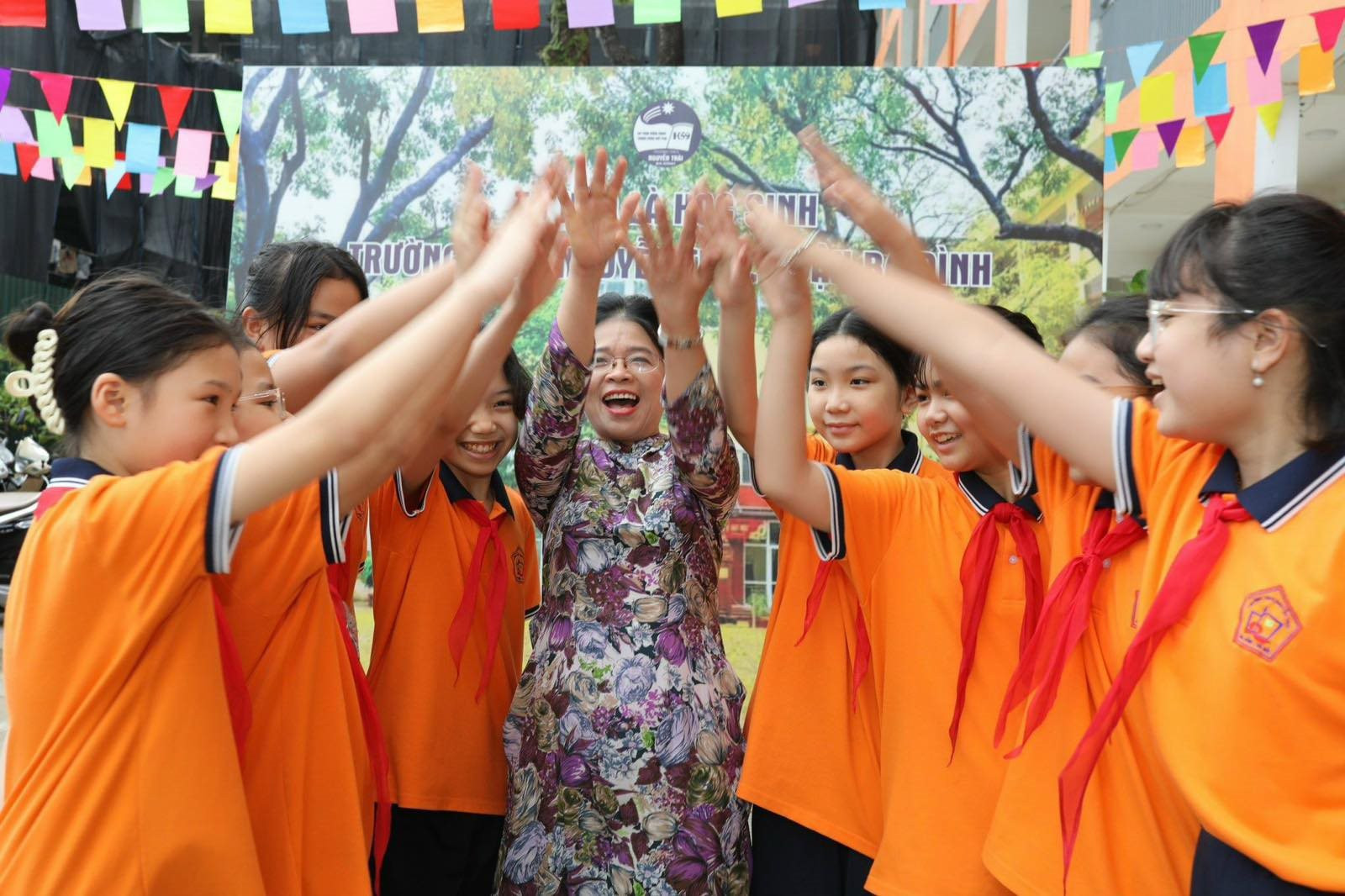
In the past, most families did not have money to send their children to school and there were no schools available like today. Therefore, rich families often invited teachers to their homes to teach and help their children read the sacred books. They diligently studied the classics hoping to pass exams, pass exams, and become officials to help the world. For generations, our people have passed down the saying: "If you want to cross the bridge, build a bridge. If you want your children to be good at reading, love the teacher ." "Love the teacher" here means respecting the teacher and valuing learning, not giving the teacher any valuable wealth or material things. Therefore, our people respect the teacher and also respect the teaching profession.
In ancient society, teachers were considered sacred idols for learning, the "golden standard" of morality and personality, and shining examples for students to learn from, follow, and aspire to become virtuous, humane, and talented people to help the people and the country. Knowing how to act, speak, and behave in a standard way of life so that students would see the teacher as a model for life. "King - Teacher - Father" are three special positions, the teacher is second only to the King, the person who is especially respected and honored by society and the people, the person who is entrusted with trust to help children become talented and bring prosperity to the country. There are many old proverbs and folk songs that teach people about the noble and indispensable position of the teacher, of the profession of "knocking children's heads": "Without a teacher, you will not succeed", "Father's rice, mother's clothes, teacher's words". The tradition of our ancestors, originating from ancient times, has also promoted the role of teachers, the most noble of all noble professions. Although living a simple life, the teachers of the past had noble hearts, not tainted by the bad habits and vices of life.
All the things we mention here come from the admiration and respect of everyone, of parents whose children have studied with the teacher as well as those who have never been taught by the teacher. The tradition of worshipping the teacher when the teacher passes away and helping the teacher in daily life is one of the good cultural values of our nation, cherished by many generations of Vietnamese people. Every time Tet comes, it has become a custom that on the third day of Tet, students and their families, dressed neatly and respectfully, come to pay respect to the teacher, expressing gratitude to the teacher with infinite gratitude. Society and people have given the teaching profession, to generations of teachers with both talent and virtue, a privilege and a worthy "prestige", helping teachers have the motivation to enlighten the minds and hearts of the young generation of the country from the past to the present. Thus, from the past to the present, "prestige" or "authority" is a noun that indicates respect, trust and a good value that society has for the teaching profession and for each teacher.
Nowadays, the concept of teachers has changed along with the development of society. Teachers today are paid by the state or parents' contributions, unlike teachers in the past who were only paid on the occasion of Teacher's Day. Teachers are not the only source of knowledge given to students. Students will find endless sources of knowledge in the library or in cyberspace. Therefore, "Teacher's Day on the 3rd" has been expanded to "Tet of gratitude" for each person's benefactors, it is an extension of the tradition from ancient times to the present day and is always a lesson in life for all those who have the blood of "Lac Hong descendants".
Tet Thay on the 3rd day of Tet is a typical cultural behavior of Tet Nguyen Dan, a community lifestyle of the whole nation, so it cannot be lost, just as Vietnamese culture cannot be lost.
I thinkeducation must develop according to the law of evolution, that is, there must be inheritance and cannot cut off all the past, like a revolution. Education must find the best way of thinking to change between tradition and modernity, between the purely agricultural Vietnamese society with thousand-year-old customs and the development of the country with industrialization and modernization. What is of the past needs to be added, abandoned or maintained, that is normal in education and in Vietnamese society in the era of technology 4.0 or 5.0.
The tradition of studiousness and respect for teachers. Living with love, generosity, and kindness as the teacher taught. These are profound human values that have been nurtured through many generations, and are the source strength that helps the country develop. Understanding deeply the “3rd day of Tet for teachers” is gratitude, repaying the teacher, and increasing the source strength of the national tradition. It is touching that an association of former students who have now grown up and are good doctors have united together just to do a noble act of examining and treating teachers. A simple saying that makes the elderly teachers moved to tears: “We repay our teachers, the most important thing is to take care of their health when they are unfortunately old and sick”. This is truly an example of the humanistic meaning and life value of “3rd day of Tet for teachers” in the present time.
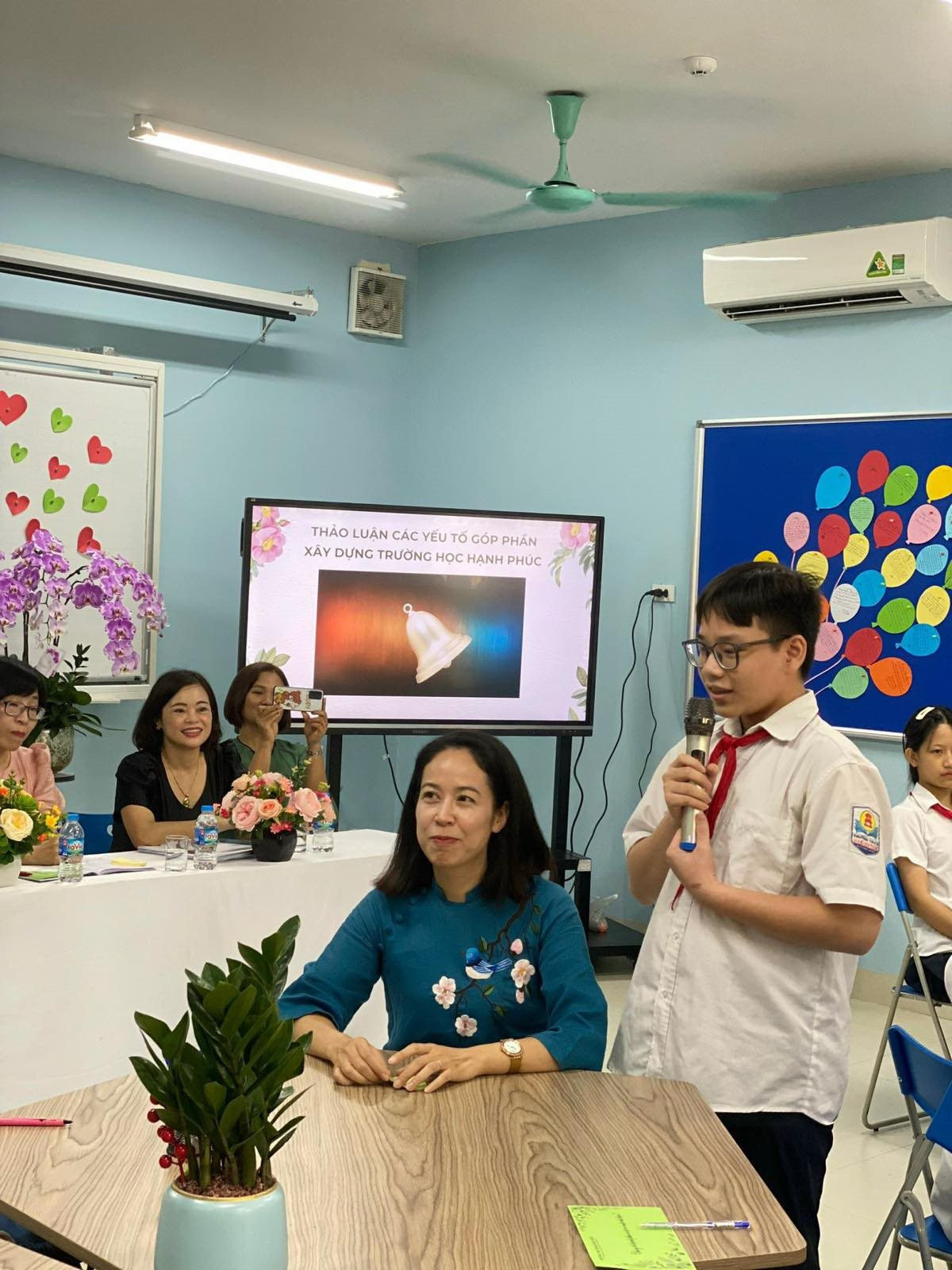
“The third day of Tet is for teachers” is a beautiful traditional cultural feature of the nation. Another way of saying this idiom is “The third day is the Tet of Gratitude”. Understanding this, we will orient and know how to extend traditional values from ancient times into today’s social reality. Let’s teach the young generation to remember the “4 great favors” in each person’s life: Be grateful to parents who raised and gave birth to you. Teachers who taught you and gave you knowledge. People who guided you when you were confused and those who helped you in times of difficulty and adversity. Gratitude is one of the best qualities a person can have. It helps us appreciate what we have and also appreciate the efforts or successes of others. Being grateful also helps us behave properly and brings happiness to ourselves. Be grateful and from there know how to appreciate what you have today. “Parents are the ones who brought us into this world, raised us, and taught us valuable life values. We will be grateful to them forever.” “Be grateful to those who helped you when you needed them most.”
Teaching gratitude to students is one of the basic contents of building the “Happy School” model initiated by UNESCO. Happiness for each person is knowing how to let go of the past and live with gratitude. “Gratitude is the key to happiness” and “The happiness of life is not what you have but what you are grateful for”.
Life with “The 3rd day of Tet for teachers” will not fade away, disappear and will become brighter and more beautiful for all those who always live for gratitude and hope to have full happiness.
Source












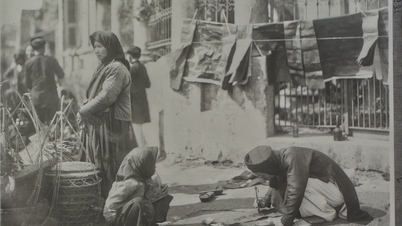

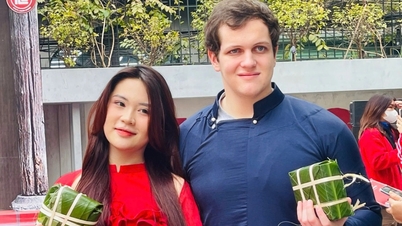
















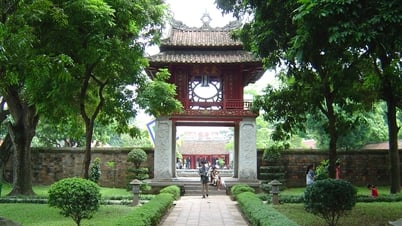





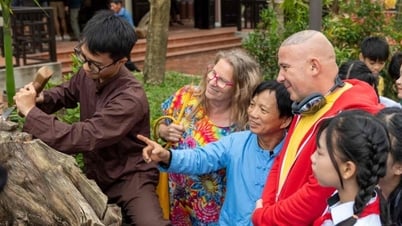

































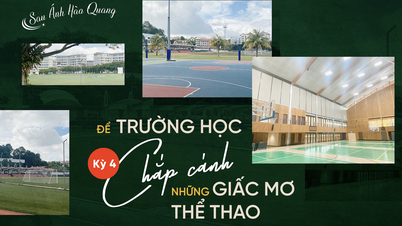


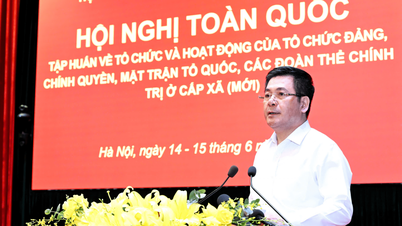


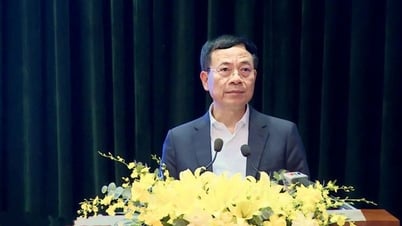



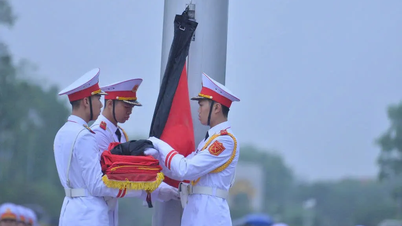



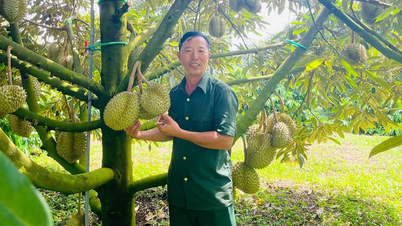

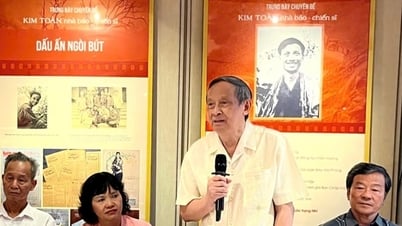


















Comment (0)